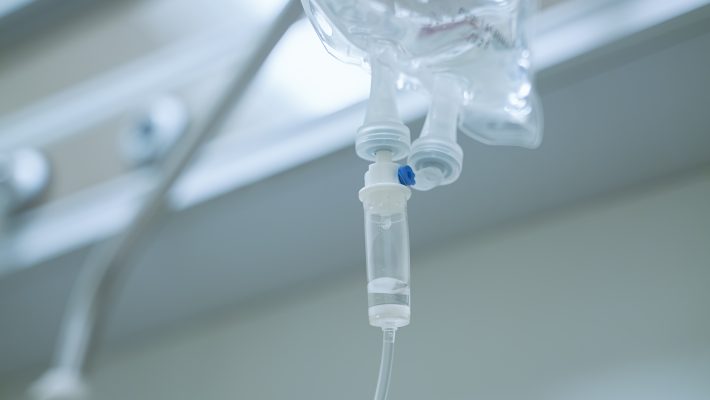Preventing unplanned admissions to acute hospitals through IV therapy

Introducing intravenous therapy (IV therapy) at the RHN
The Royal Hospital for Neuro-disability (RHN) is a specialist hospital and research centre providing care and rehabilitation for adults with acquired brain injuries and neurological conditions.
Before 2019, the Royal Hospital for Neuro-disability (RHN) was only able to offer oral and percutaneous endoscopic gastrostomy (PEG) antibiotics. Patients or residents would have to receive IV treatment at acute hospitals.
The RHN started to offer IV therapy throughout wards in its brain injury service in April 2019. By September, IV therapy commenced on Jack Emerson, one of the RHN’s specialist ventilator wards.
By April 2020 IV treatment had been successfully rolled out across the hospital. All in the midst of the COVID-19 pandemic.
This development meant that patients and residents could receive IV treatment at the RHN.
This not only reduced the risk of COVID-19 infection but meant that patients and residents could be treated in a more homely and holistic environment by professionals familiar to them.
In 2019 the average number of unplanned admissions each month was 23, reduced to 17 in 2020 and last year (2021) it was nine.
The introduction of IV therapy has significantly reduced the number of unplanned transfers of patients and residents to acute hospitals.